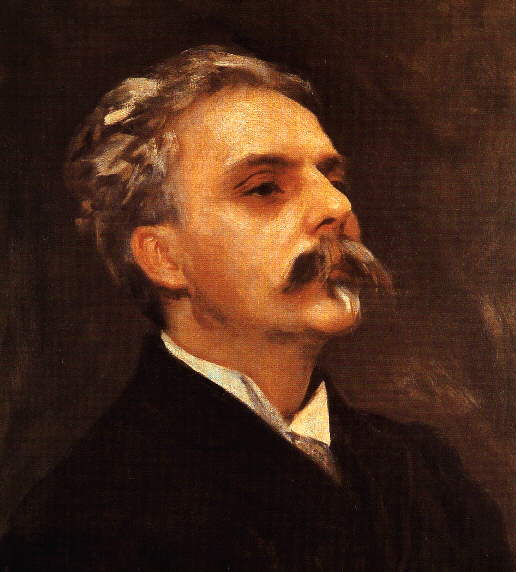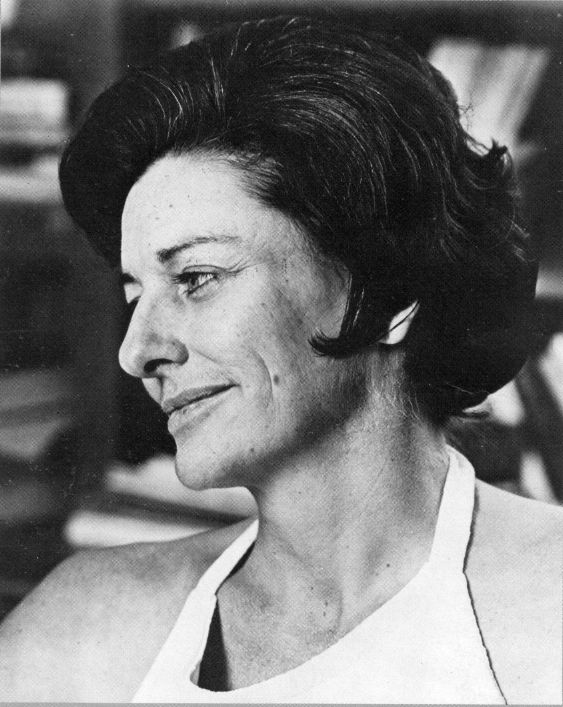

| Home | Ames Requiem for Our Time | Fauré Requiem | Anne Sexton | Buy Tickets |
 |
 |
November 9, 2007, 8 pm
Old South Church
Copley Square, Boston
Requiem for Our Time by American composer Roger Ames (b. 1944) combines the haunting contemporary poetry of Anne Sexton and Renee Neblett with traditional Latin texts to add a fresh relevance and immediacy to the ancient and moving remembrance of the dead. Originally entitled Requiem for Unbelievers, the work addresses the struggle of those who are confronting death without the comfort of a sure faith in God,
Click for:
 The Requiem of Gabriel Fauré (1845–1924) is a perfect gem of a piece, combining deceptively simple elements into an amazingly intense and emotional setting of the Latin Requiem texts.
Fauré began composition of the Requiem in 1887; it grew through several editions and reached its final form around 1900. When interviewed in 1902, Fauré commented,
The Requiem of Gabriel Fauré (1845–1924) is a perfect gem of a piece, combining deceptively simple elements into an amazingly intense and emotional setting of the Latin Requiem texts.
Fauré began composition of the Requiem in 1887; it grew through several editions and reached its final form around 1900. When interviewed in 1902, Fauré commented,
“It has been said that my Requiem does not express the fear of death and someone has called it a lullaby of death. But it is thus that I see death: as a happy deliverance, an aspiration towards happiness above, rather than as a painful experience. … As to my Requiem, perhaps I have also instinctively sought to escape from what is thought right and proper, after all the years of accompanying burial services on the organ! I know it all by heart. I wanted to write something different.”
More information can be found in
These two contrasting works, written approximately 100 years apart, provide two perspectives on death and its meaning to the living. Both speak profoundly to our time.
Featuring soloists
 Ilana Davidson, soprano |
and |  David Murray, baritone |
See press release for this concert.
 |
| Anne Sexton in 1974, the year of her death |
Anne Sexton (1928–1974) was a Pulitzer-Prize willing poet and Boston University faculty member who was nationally known for her poetry and her personality. Her poetry readings could be electrifying. A native of Newton, she lived in the Boston area almost all her life.
Her career in poetry began when, with the encouragement of her psychiatrist, she enrolled in a poetry workshop at the Boston Center for Adult Education. The poet Maxine Kumin was also enrolled in that workshop and became her close friend and sometime collaborator.
Like that of her colleagues and friends Robert Lowell, Sylvia Plath, W. D. Snodgrass, and other “confessional” poets, Anne Sexton's poetry intimately portrays the emotional anguish that characterized her life.
Anne Sexton╣s dramatic, imaginatively rich style was well suited to theater and musical adaptation. She collaborated with Conrad Susa in 1973 to produce an opera based on her book Transformations that is still often performed. In 1968 she and Robert Clawson formed a jazz-rock group, “Ann Sexton and Her Kind,” that gave her a new means of expression and brought her poetry to new audiences.
For composer Roger Ames, Anne Sexton's poetry reflects the voice of our age. Her search for spirit in a chaotic world and her willingness to express both her doubt and her hope-for-faith ring true. Not hesitating to look death straight in the eye, her poetry can define the contemporary drama of a Requiem For Our Time—a time of search, doubt, wonder, and personal and spiritual challenge.
Ames says, “Sexton's overt fear of death, yet her flirtation with it entranced me. This is a common fear of almost everyone I know—yet no one ever spoke of it as eloquently or powerfully as Anne's poetry did to me: that ‘awful rowing toward God,’ along with confronting her own disbelief; the agony of wanting to believe in God yet not knowing how—this agony I thought was certainly of our time.“
The Requiem for Our Time includes excerpts from Anne Sexton╣s poems “Year Of The Insane,” “All My Pretty Ones,” “The Fallen Angels”, “Hurry Up Please It's Time,” “The Wall,” “Tenth Psalm, O Ye Tongues.” “Flee On Your Donkey,” and “Yellow.” In addition, the poet Renee Neblett contributed the poems “From Naked Stones,” “If Ever It Should Be Known,” “A Ragged Edge,” and “Inner Vision.” Renee Neblett, a Boston native, is a distinguished educator and artist who is the founding director of the Kokrobitey Institute in Accra, Ghana.
Books: Two excellent books about Anne Sexton are Anne Sexton: A Biography by Diane Wood Middlebrook (Houghton Mifflin, 1991) and Anne Sexton: A Self-Portrait in Letters, edited by Linda Gray Sexton and Lois Ames (Houghton Mifflin, 1977). For poetry, the most comprehensive fource is The Complete Poems (Houghton Mifflin, 1981). Other sources are cited in the Requiem text.
Here is an excerpt from Diane Wood Middlebrook's biography about the appeal of Anne Sexton's writing when she won the Pulitzer Prize (and the Poetry Society of America's Shelley Memorial Prize) in 1967, primarily for her book Live or Die.
Links:
| CpM Home | Top | Buy Tickets |